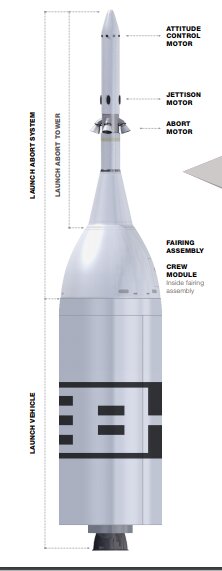Controlling Chikungunya and Dengue through Bacteria | 17 Jul 2019
To control the spread of dengue and chikungunya, scientists at the Indian Council of Medical Research (ICMR) have developed a strain of Aedes aegypti mosquito into which a naturally occurring bacteria, Wolbachia, is introduced.
- This variant of Aedes aegypti mosquito has been named the Puducherry strain since it was developed at the Vector Control Research Centre (VCRC), Puducherry in collaboration with Monash University in Australia.
- Aedes aegypti mosquito is the main vector that transmits the viruses that cause dengue.
Mechanism
- The bacteria Wolbachia “inhibits” viral infection, that is, even if people encounter mosquito bite, they will not be infected. This happens because bacteria does not allow the virus to replicate in the mosquito thereby minimising its number within the mosquito and hence virus won’t be transmitted through a bite.
- Over a period of time, the population of Aedes aegypti mosquitoes in India will be slowly replaced by this new strain carrying Wolbachia bacteria.This is called as population replacement strategy.
- This strain will specifically help in reducing the number of dengue cases across the country.
Bacteria Wolbachia
- Wolbachia are natural bacteria present in up to 60% of insect species, including some mosquitoes.
- However, Wolbachia is not usually found in the Aedes aegypti mosquito, the primary species responsible for transmitting human viruses such as Zika, dengue, chikungunya and yellow fever.
- Wolbachia is safe for humans, animals and the environment.
About Dengue
- Dengue is transmitted by several species of mosquito within the genus Aedes.
- Symptoms include fever, headache, muscle and joint pains, and a characteristic skin rash that is similar to measles. There are four strains and Type-II and IV are considered more severe and normally require hospitalisation.
- Dengvaxia has been approved by the US Food & Drug Administration, the first dengue vaccine to get the regulatory nod in the US. The Indian drug controller has yet to grant approval to Sanofi's dengue vaccine - Dengvaxia.
- India has reported 6,210 cases and six deaths from dengue until June 9, 2019.
Indian Council Of Medical Research
- The Indian Council of Medical Research (ICMR) is the apex body in India for the formulation, coordination and promotion of biomedical research ,one of the oldest medical research bodies in the world.
- It is funded by the Government of India through the Department of Health Research, Ministry of Health & Family Welfare.
